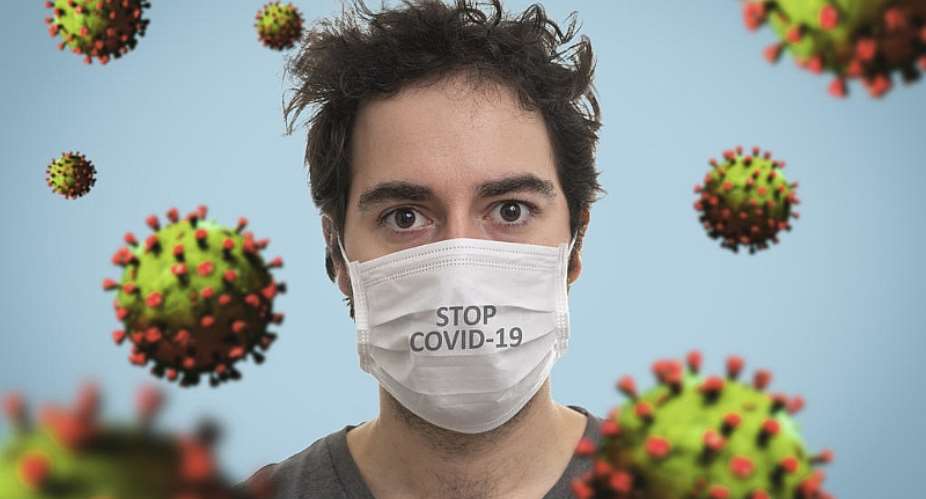A large international trial to speed up research on coronavirus treatments, launched by the World Health Organisation, is underway. SOLIDARITY trial is an unprecedented, coordinated effort to collect solid scientific data rapidly during the COVID-19 pandemic.
The SOLIDARITY trial aims to generate data that can be used to determine which treatments are most effective against coronavirus.
Scientists need to know if the drug used reduces mortality and time spent in the hospital, and if any patients receiving the drug required ventilation or admission to an intensive care unit.
Dr Tedros Adhanom Ghebreyesus, director-general of the World Health Organisation (WHO), explained that because multiple small trials of the coronavirus vaccine with different methodologies may not provide the evidence needed, WHO and partners are organising the SOLIDARITY trial to compare untested treatments throughout several countries.
“The trial provides simplified procedures to enable even hospitals that have been overloaded to participate,” WHO spokesperson, Tarik Jasarevic told RFI.
“Many countries from all corners of the globe have already confirmed participation.”
Ten countries having, so far, joined the SOLIDARITY trial: Argentina, Bahrain, Canada, France, Iran, Norway, South Africa, Spain, Switzerland and Thailand.
'SOLIDARITY'
Enrolling subjects in SOLIDARITY will be easy. When a person with a confirmed case of COVID-19 is deemed eligible, the physician can enter the patient's data into a WHO website, including any underlying condition that could change the course of the disease, such as diabetes or HIV infection.
The participant has to sign an informed consent form that is scanned and sent to WHO electronically. After the physician states which drugs are available at his or her hospital, the website will randomize the patient to one of the drugs available or to the local standard care for COVID-19.
“After that, no more measurements or documentation are required,” says Ana Maria Henao Restrepo, a medical officer at WHO's Department of Immunisation Vaccines and Biologicals.
Physicians will record the day the patient left the hospital or died, the duration of the hospital stay, and whether the patient required oxygen or ventilation, she says. “That's all.”
Drugs on trial
The trial allows more drugs to be added as they become available but WHO is studying the following therapies:
1) the usual care that is provided to the patients in the country
2) an experimental antiviral compound called Remdesivir
3) a combination of two HIV drugs, Lopinavir/Ritonavir
4) a combination of Lopinavir/Ritonavir with interferon beta, an immune system messenger that can help cripple viruses
5) the malaria medications Chloroquine and Hydroxychloroquine.
Some data on their use in COVID-19 patients have already emerged—the HIV combo failed in a small study in China—but WHO believes a large trial with a greater variety of patients is warranted.





 "I can now see clearly with my two eyes, thanks to the generosity of Afenyo-Mark...
"I can now see clearly with my two eyes, thanks to the generosity of Afenyo-Mark...
 Election 2024: Power outages will affect NPP – Political scientist
Election 2024: Power outages will affect NPP – Political scientist
 NPP is 'a laughing stock' for luring 'poster-stickers', 'noisemaking babies' wit...
NPP is 'a laughing stock' for luring 'poster-stickers', 'noisemaking babies' wit...
 Dumsor: Matthew Opoku Prempeh must be removed over power crisis – IES
Dumsor: Matthew Opoku Prempeh must be removed over power crisis – IES
 PAC orders WA East DCE to process requests from their MP
PAC orders WA East DCE to process requests from their MP
 Defectors who ditched Alan’s Movement to rejoin NPP were financially induced – A...
Defectors who ditched Alan’s Movement to rejoin NPP were financially induced – A...
 Dumsor: Akufo-Addo has taken Ghanaians for granted, let’s organise a vigil – Yvo...
Dumsor: Akufo-Addo has taken Ghanaians for granted, let’s organise a vigil – Yvo...
 April 23: Cedi sells at GHS13.66 to $1, GHS13.07 on BoG interbank
April 23: Cedi sells at GHS13.66 to $1, GHS13.07 on BoG interbank
 GRA clarifies tax status of resident individuals earning income abroad
GRA clarifies tax status of resident individuals earning income abroad
 2024 elections: NDC to officially unveil Jane Opoku-Agyemang as running mate tom...
2024 elections: NDC to officially unveil Jane Opoku-Agyemang as running mate tom...
